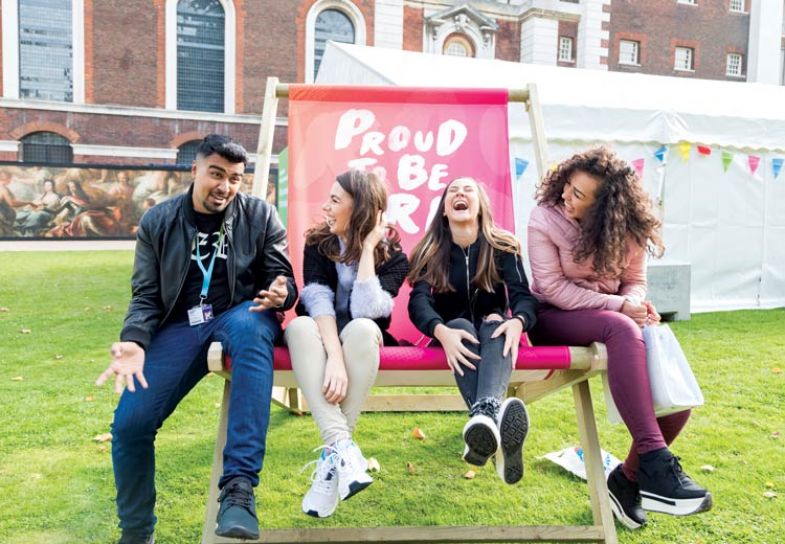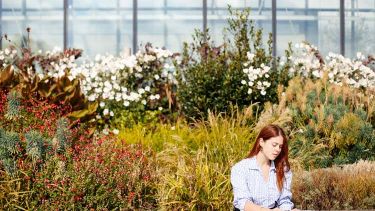
By centring its 2030 strategy around inclusivity, the University of Greenwich strives to become the leading modern institution in the UK
As universities in the UK face ongoing pressure to globalise and expand their knowledge exchange capabilities, ensuring that campuses are diverse and inclusive communities is a priority for many. As part of its strategic vision for growth, the University of Greenwich has gone one step further by actively incorporating the need for diversity into its strategic vision.
In 2021, the university launched its “2030: This Is Our Time” strategy, which outlines the university’s purpose as “education without boundaries; proactively supporting our students and staff to achieve their ambitions because of, rather than despite, their backgrounds”.
The university already prides itself on its diverse student, staff and alumni communities, but the strategy provides a blueprint for broadening impact even further in accordance with the university’s three core values: inclusivity, collaboration and impact.
“The University of Greenwich has a proud heritage of meeting the needs of our local, regional, national and global communities,” says Jenny Marie, head of academic and learning enhancement at the university. “To make a real difference to these communities we need to work with them and properly understand their interests.”
Since launching the 2030 strategy, leaders have been working to diversify leadership teams across the institution by creating new deputy and associate dean positions – the latter being aligned with student success or research and knowledge exchange strategies. “This helps ensure that the strategies and value-led behaviours flow down into each of the faculties,” Marie explains.
Louise Owusu-Kwarteng, professor in applied sociology, is one of those appointed, taking on the additional role of associate dean for student success in the faculty of liberal arts and sciences.
“One of the ways in which I seek to understand student experience is through their stories, more specifically through the use of sociological autobiography, which is also one of my research specialisms,” says Owusu-Kwarteng. Providing a platform for students to reflect and tell personal stories “gives us a better understanding of who they are and how best to facilitate their success”, she explains.
Three autobiographical anthologies have been developed through the scheme, and students have taken part in related conferences within the university and at a national and international level.
Charles Everard, technical director for the Greenwich learning and simulation centre, has been working with partner organisations to develop bespoke manikins for use within the university’s healthcare research and teaching curricula. “Traditionally, simulation manikins have been generic in appearance, and therefore not representing the full spectrum of individuality in our society today,” he says.
Through work with Lifecast Body Simulation, Everard and his colleague Lee Jagodzinski have helped develop a range of culturally inclusive simulation manikins, “to ensure students have an opportunity to interact with manikins that have a personality, including previous medical history, ethnic and cultural identities, hopefully setting the trend for other manufacturers to think about the way they address product lines.”
The university aims to become the leading post-1992 university in the UK by 2030 in accordance with university rankings and other research impact measures, and this ambition will be supported by the diverse communities that make up the university.
Find out more about the University of Greenwich.

